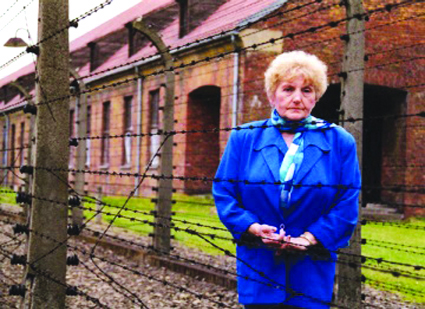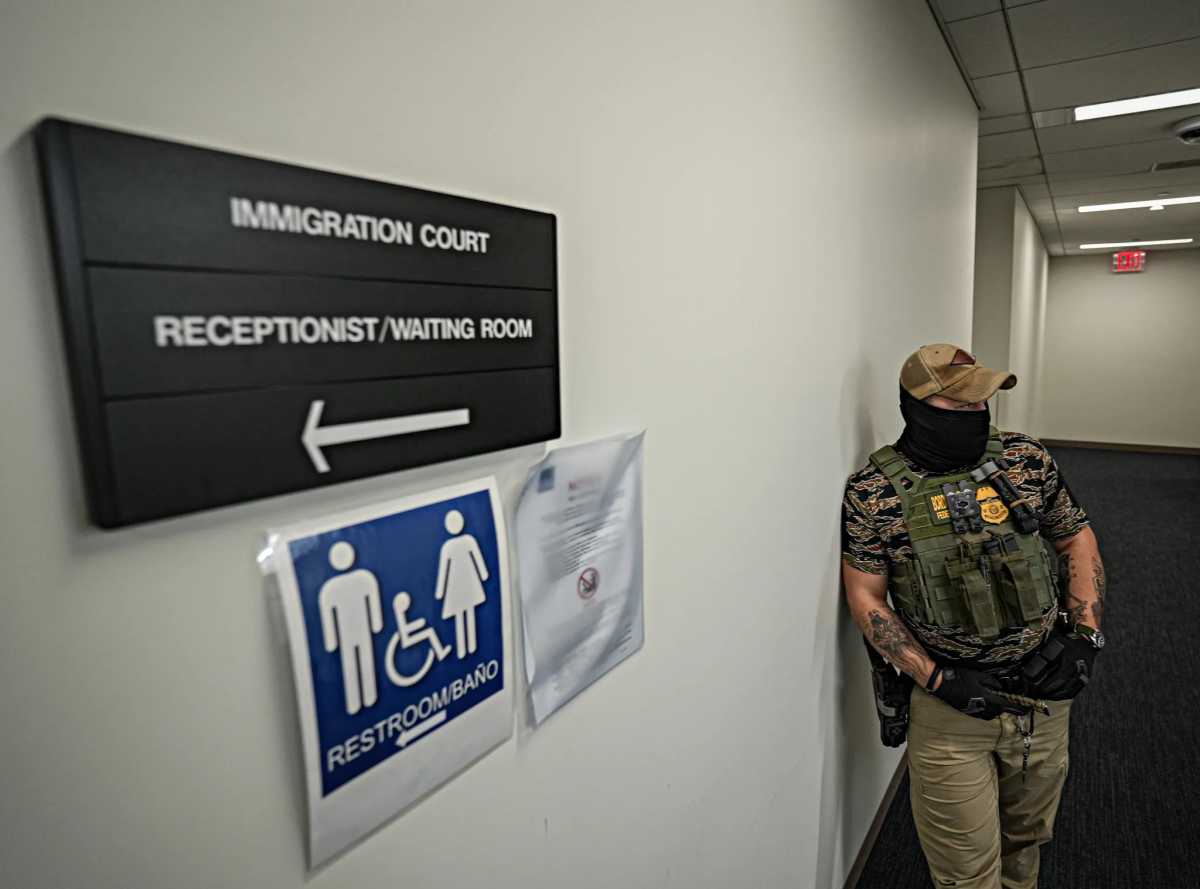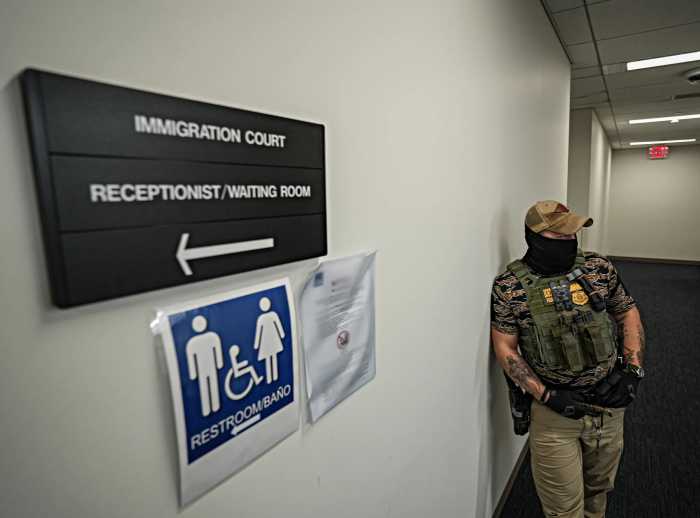By Steven Snyder
“Forgiving Dr. Mengele”
A documentary directed by Bob Hercules and Cheri Pugh
Showing through Wednesday, May 24
The Pioneer Theater
155 East 3rd St. (between Avenues A and B)
212.591.0434, www.twoboots.com/pioneer
Consider almost any film made about the Holocaust, and you will be forced to confront both heroics and depravity, the surreal overlap of the best and worst of humanity. But in the new documentary “Forgiving Dr. Mengele,” the focus is not on the past, but the present, and how one survivor’s view of life, death and forgiveness has been rewritten by the horrors she overcame a half century ago.
The movie is about Eva Mozes Kor, one of the rarest of Holocaust survivors: A child who was subjected to the experiments— make that the torture — of Dr. Josef Mengele. The Nazis, in a testament to their abject cruelty, were experimenting on children in the concentration camps in hopes of perfecting a master race. Their prime subjects for these experiments were twins, since doctors could experiment on one twin and compare the results with the other twin, who served as the control.
Kor and her sister were two such twins who were taken aside as they entered the camp and forced to endure some of the most hellish treatment imaginable. When Auschwitz was liberated, two of the first people to walk out were the Kor twins, but ultimately, only one sister would survive. Due to complications from these horrendous experiments, Eva’s sister died, while Eva went on to prosper as a real estate agent in Middle America. It’s during her unlikely return to Auschwitz, however, that the more provocative side of “Forgiving Dr. Mengele” takes flight. From its beginning as a fascinating character study, balanced between past and present, the film then becomes a sobering commentary on the universal human condition.
During her visit to Auschwitz on the 50th anniversary of liberation, Eva makes a proclamation: She is issuing a pardon to the Nazis, forgiving them for the pain they inflicted on her and her family. For her, it is the lifting of a great weight, one made out of fear and heartache. But for many other survivors, her act of forgiveness is itself an unforgivable dismissal of the atrocities — a betrayal of everything they have been forced to endure.
As the rhetoric boils over, the film does not stand by Eva, but sees the dispute for what it is. And the result is a film that pointedly asks each and every one of us: What does it mean to forgive?
A lesser documentary would merely tell us Eva’s tale, but “Forgiving Dr. Mengele” gives us the context to realize the uphill battle she is fighting. We see her debating her proclamation with other Jews, talking about it with religious figures, lecturing on it to those willing to listen. In a provocative moment, we also see her meeting with a group of Palestinians in modern-day Israel, and see her discomfort at listening to their stories of being attacked by Israelis.
It’s an uncomfortable moment for her, and for us, but it’s fascinating to watch as Eva’s interpretation is rigorously challenged. She admits that she can’t forgive the Palestinians, and that perhaps her concept of forgiveness can only apply to the past. Which begs another question: How valuable is forgiveness, if it’s always trapped in history?
The documentary reminded me of John C. Reilly’s police officer in “Magnolia,” who asks, “What can we forgive?” It’s a hard question, he observes, and Eva proves it. Seeing her struggle in not only coming to an answer, but then in defending it to her own people, it’s a far harder question than this viewer ever imagined.
WWW Downtown Express


























